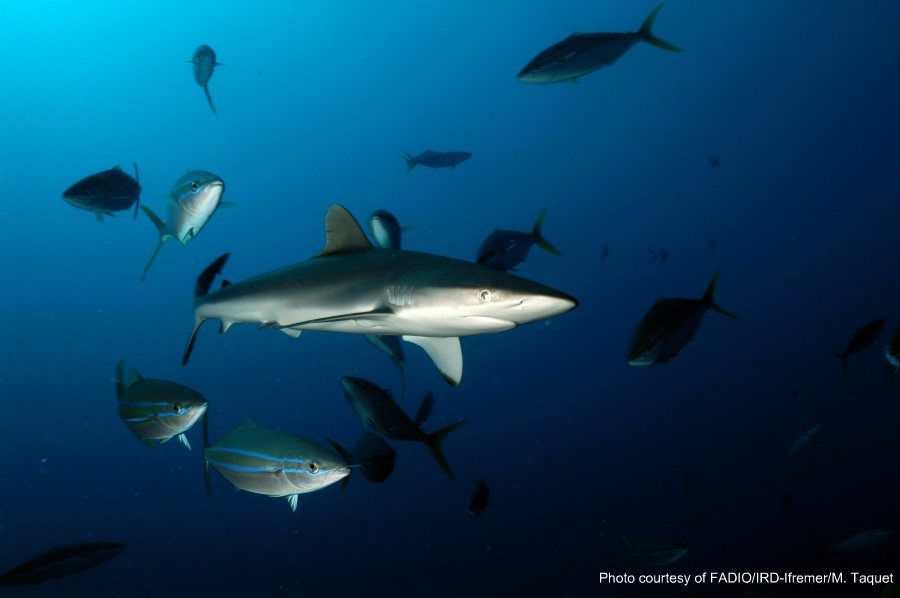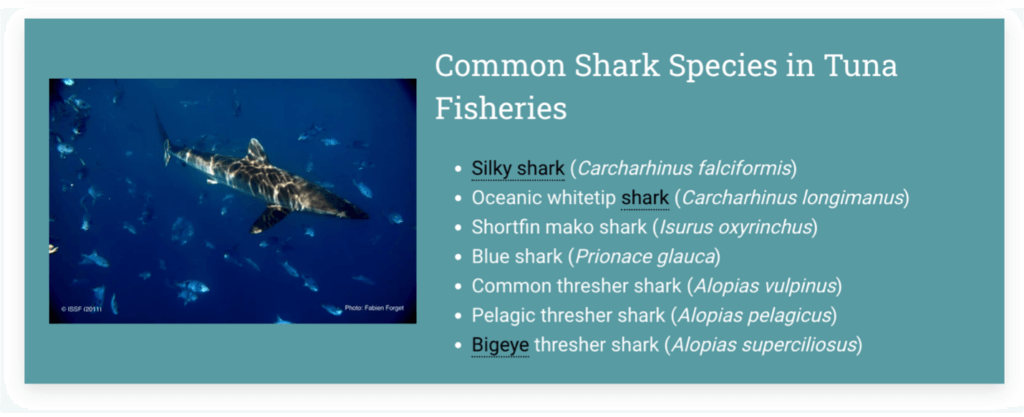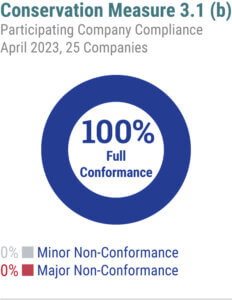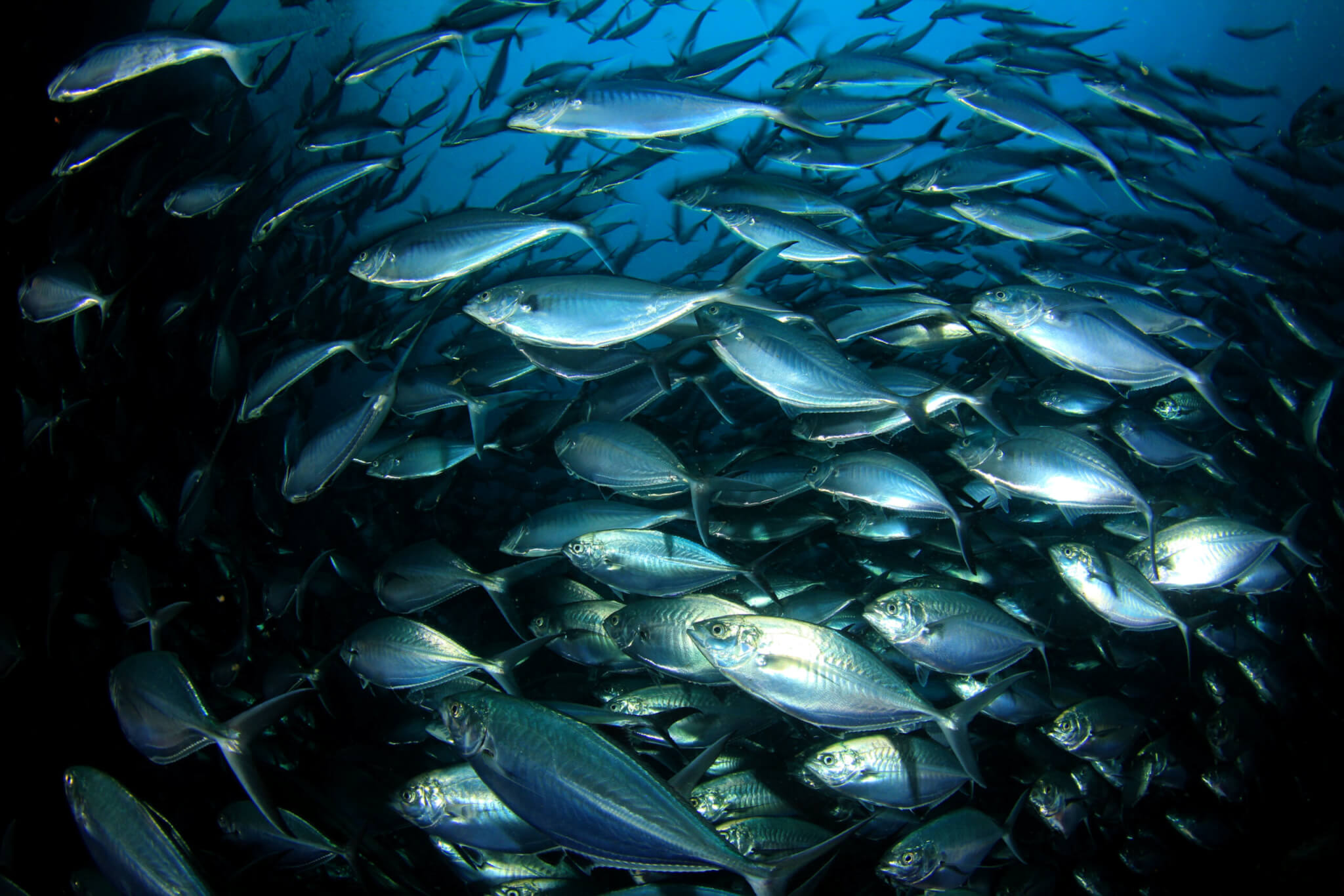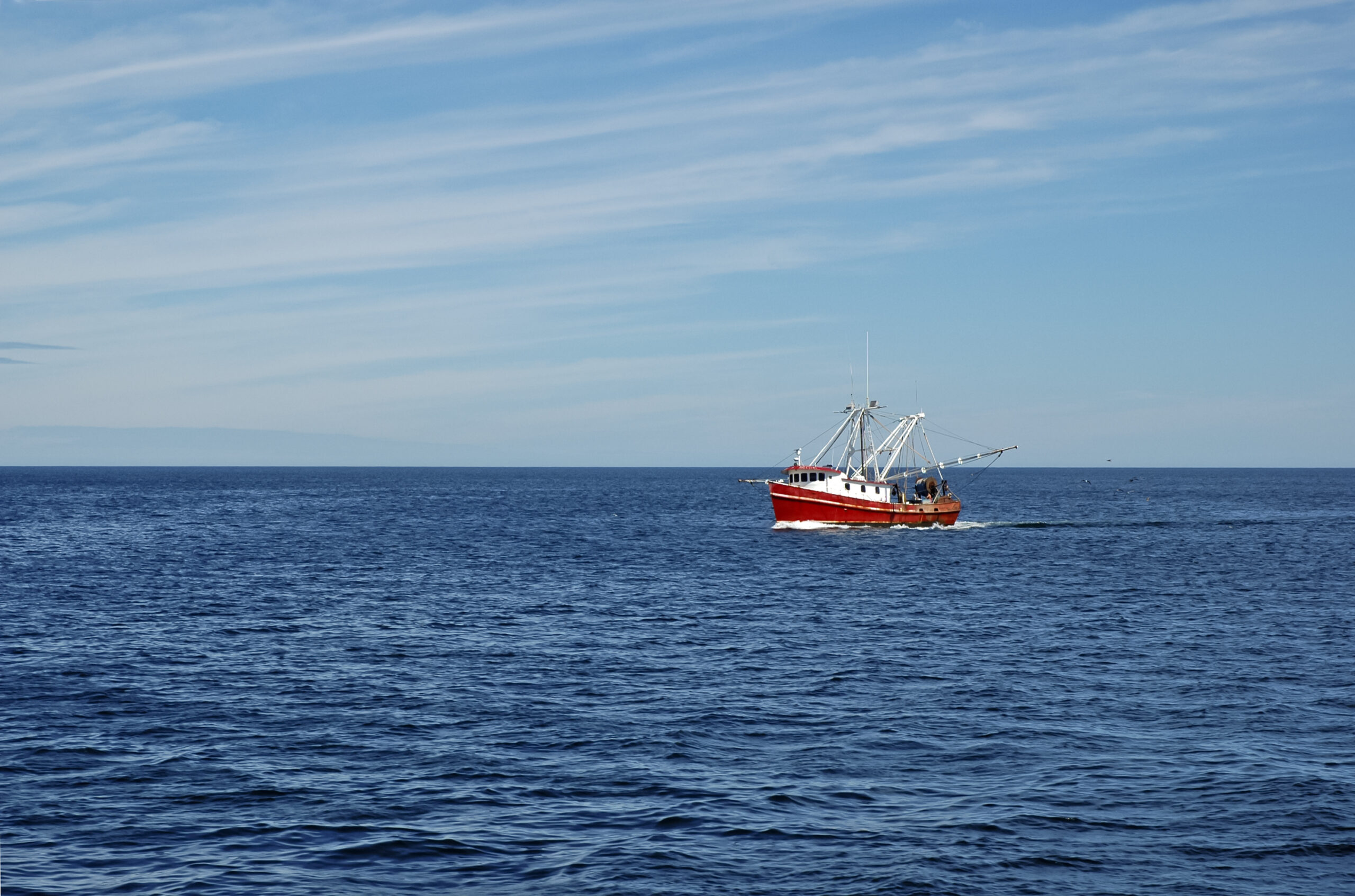Shark Awareness Day | Understanding & Protecting Sharks in Tuna Fisheries
July 14 is Shark Awareness Day. ISSF supports multiple initiatives for the protection of sharks in global tuna fisheries.
Sharks are caught in purse-seine, longline, gillnet, and other tuna fisheries, usually as bycatch.
Because of their low reproductive rates and other life-history characteristics, many species of sharks are vulnerable to fishing. There are three major areas of concern when it comes to sharks: observed bycatch, unobserved mortality due to entanglement in fishing gear, and difficulties in monitoring the practice of shark finning — and enforcing anti-finning measures.
Today’s E News reviews ISSF’s work with scientists, fishers, seafood companies, conservationists, and others in helping to reduce the impact of tuna fishing on sharks.
OUR RESEARCH & ADVOCACY
Bycatch Handling & Release Techniques
In ISSF guidebooks, infographics, posters, and scientific reports, we publish best practices that purse-seine fishers can follow onboard to safely release live sharks from the deck. We also have compiled shark identification resources by ocean.
FAD Design & Management
Our Non-Entangling & Biodegradable FADs Guide for fishers illustrates how to build FADs without netting, which can entangle sharks.
To inform Regional Fisheries Management Organization (RFMO) requirements for fleets, ISSF shares science-based shark-conservation best-practices information through position statements and other outreach efforts. We also evaluate RFMO FAD management measures intended to help protect sharks.
Bycatch Prevention Strategies
Fishers can take steps before and after the tuna catch to reduce unintentional catches of silky sharks by up to 62%. We outline shark bycatch-mitigation techniques in scientific reports and skippers guidebooks.
For shark bycatch rates by ocean, see our “Tropical Purse Seine Fisheries Bycatch” infographic series.
Anti-Shark-Finning Measures
Some vessels intentionally catch sharks to harvest their fins, which are valuable in certain markets. Shark finning threatens shark populations and violates the U.N. FAO Code of Conduct for Responsible Fisheries and IPOA-Sharks.
Our conservation measures 3.1(a), 3.1(b), and 3.1(c) ask ISSF participating companies to take certain steps to help prevent shark finning in the seafood industry.
